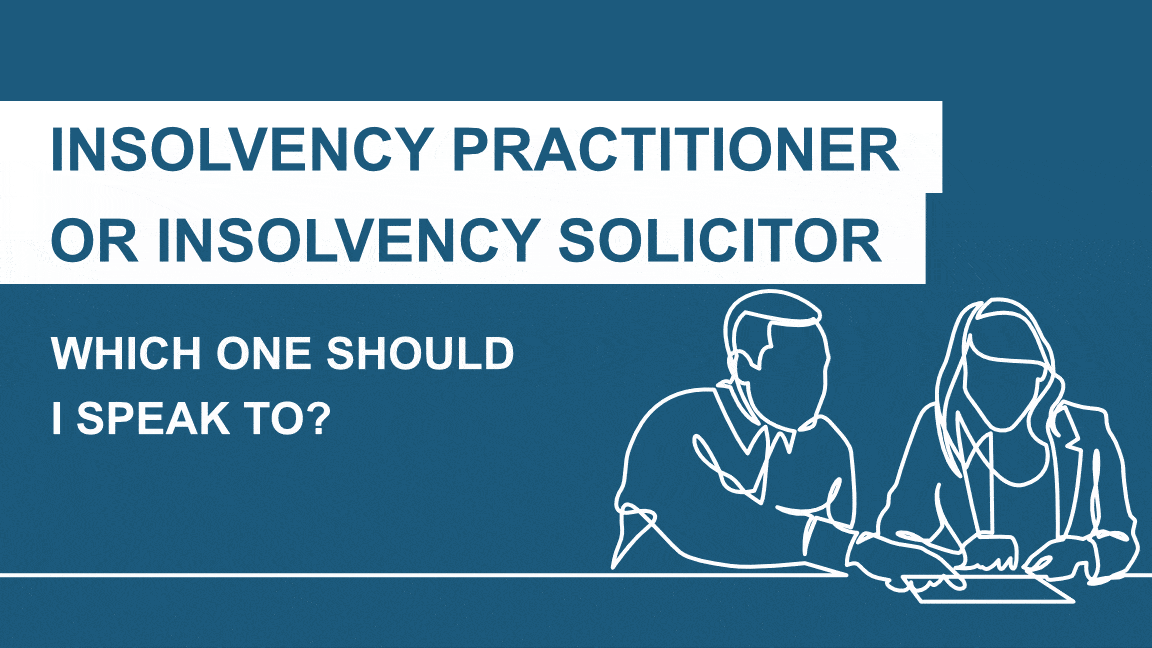The Main Principles Of Insolvency Practitioner
The Main Principles Of Insolvency Practitioner
Blog Article
Some Known Details About Insolvency Practitioner
Table of ContentsSome Ideas on Insolvency Practitioner You Need To KnowGetting The Insolvency Practitioner To WorkInsolvency Practitioner - TruthsGetting The Insolvency Practitioner To WorkSome Known Facts About Insolvency Practitioner.
Whether you require to use a bankruptcy professional (IP) to liquidate your business depends on various factors. While engaging a bankruptcy practitioner for all forms of liquidation is not a lawful requirement, doing so can commonly simplify the procedure and make certain compliance with legal needs. Liquidating a business is an essential decision that comes with considerable repercussions.
It is a treatment used when a business does not have any creditors, or all of their creditors can be settled completely with statutory rate of interest. Comprehending the various types of insolvency processes can assist you establish the very best strategy for your business's liquidation or various other official bankruptcy treatments itself.
This is required in order to comply with lawful demands - Insolvency Practitioner. This is because IPs have the necessary qualifications and experience to ensure that the liquidation process is carried out according to all applicable regulations and guidelines. By engaging a certified insolvency professional, you can have satisfaction understanding that your business's liquidation procedure will certainly be dealt with professionally and in conformity with the relevant lawful demands
The 2-Minute Rule for Insolvency Practitioner
The bankruptcy professional is selected as a liquidator and is accountable for handling the firm and liquidator's financial debts exceptional responsibilities and properties. This procedure involves offering off the company's properties and dispersing the proceeds to creditors. Upon conclusion of the procedure, the firm is removed from the register at Companies Home.
Failing to do so can result in personal obligation for the company or supervisor for the financial institution's financial obligations. Voluntary liquidation, which includes Creditors' Voluntary Liquidation (CVL) and Members' Voluntary Liquidation (MVL), is started by the firm's directors and shareholders when they can no more pay their financial obligations. In a CVL, the insolvency professional is marked as the liquidator, liable for taking care of firm financial debts and all business possessions.

Getting My Insolvency Practitioner To Work
By assessing the proficiency and experience of potential bankruptcy specialists, you can make certain that you pick a professional who possesses the necessary credentials to manage your company's liquidation process effectively. While bankruptcy practitioner-led liquidation is usually one of the most proper program of activity for companies encountering bankruptcy, there are alternative methods to take into consideration, such as striking off and partial liquidation.
It's vital to review all readily available options prior to selecting the next best option or strategy for your organization. Striking off business' signs up is a much more uncomplicated and economical way to shut dormant or tiny business without financial obligations or properties. To strike off a business, its name is removed from the Business Home register by sending kind DS01.
Before going with striking off, it's essential to consider the benefits and drawbacks of this technique and consider whether it's the right option for your organization. Partial liquidation is another choice to insolvency practitioner-led liquidation, where a business liquidates particular assets and obligations while proceeding to operate with the continuing to be properties and liabilities.
A Bankruptcy Specialist will certainly have the ability to recommend you of the ideal program of activity to take and ensure that everything runs smoothly. However, it is not possible to liquidate a business without a liquidator. Selecting an authorised bankruptcy expert is necessary for the process of volunteer liquidation to begin.
Get This Report on Insolvency Practitioner
It is possible to shut and liquidate your business without making use of a liquidator, provided your firm is solvent and you satisfy the eligibility requirements to liquify or liquidate it. Nonetheless, if your company is insolvent, you might be needed to use a liquidator and start formal bankruptcy procedures. Below are some other insightful posts relating to company liquidation in the UK:.
Being in a setting where you're incapable to pay your firm's lenders is incredibly difficult. In an attempt to stay the original source clear of enhancing the level read this article of financial debt, numerous firms try to work out straight with their creditors and consent to a casual setup. If the debt is fairly small and owed to one financial institution, and the creditor is being cooperative, participating in an informal financial obligation arrangement is possibly the best remedy, as opposed to browsing the internet for 'a bankruptcy expert near me'.
On the various other hand, if there are several financial institutions and the degree of financial obligation is big, financial institutions might not be so willing or participating. In order to stay clear of liquidation or bankruptcy, it is much better to work with an insolvency specialist to create official proposals and discuss with lenders in your place.
An Unbiased View of Insolvency Practitioner
Whilst it is a way to take care of financial debt, there are considerable threats entailed with this kind of financial obligation plan - Insolvency Practitioner. If a lender is ready to participate in a casual plan (IA) whereby the debtor has actually consented to make routine, if lower, payments to pay off the financial obligation, it is very important to stick to the agreement

The creditor is within their civil liberties to back out of the agreement and petition the courts for your business to be liquidated at any kind of time. A formal plan that has been proposed by a bankruptcy expert in your place, and agreed by a creditor, supplies a much safer alternative.
Report this page